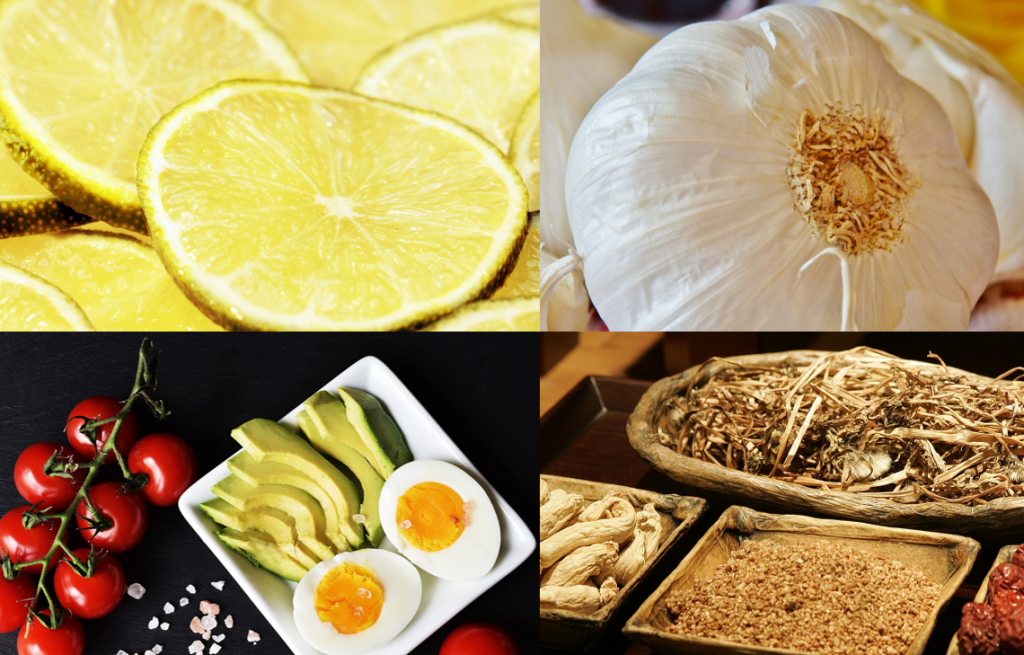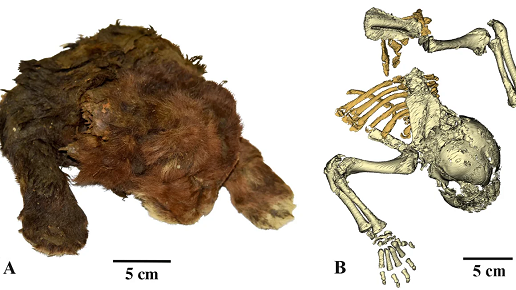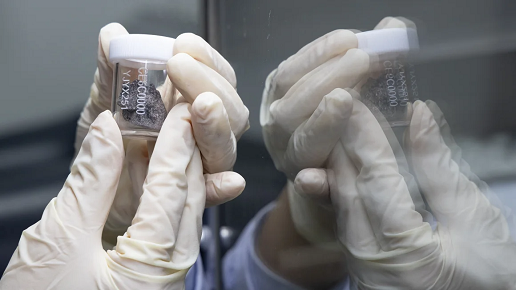Possibly due to the fact that a vaccine and effective medicines to treat the Wuhan coronavirus (COVID-19) have not yet become a reality, stories about foods that allegedly counter the infection are spreading false hope.
One fallacy is based on the purported power of vitamin C, abundant in citrus fruits and vegetables, such as limes, oranges, and sweet peppers. For decades, people have linked vitamin C with alleviating the common cold — and many believe it's the same for the coronavirus.
However, research has cast doubt on the effectiveness of taking vitamin C. It might reduce the duration and severity of colds in some individuals but fails to reduce the incidence of colds in the general population.
Moreover, no evidence is found to support the idea that intravenous vitamin C is an effective treatment for acute respiratory distress syndrome (ARDS), derived from COVID-19.
Another oft-held belief is that some foods boost the immune system. For example, certain compounds in garlic are thought to reduce the risk of cardiovascular diseases and have anti-tumor and anti-microbial effects. Even so, its anti-viral properties have not been indisputably proven.
The ketogenic (keto) diet, a very low-carb, high-fat diet that is said to help weight loss and generate health benefits, is also supposed to activate the immune system. Research has show its positive effects in enhancing antiviral resistance, but only in mice.
Although the keto diet expands the gamma delta T cells in the lungs of mice that improves the barrier function, more research is required to prove the same reaction will occur in people.
Finally, age-old Chinese medicine has played a role in the fight against the coronavirus in its birthplace. Praised by China President Xi Jinping (習近平), an ancient herbal therapy was included in the official guidance on how to treat COVID-19, published by China's National Health Commission.
At the center of treatment is a herbal soup that is believed to strengthen the lungs and increase water metabolism. It includes kudzu root, belamcanda, and ephedra decoction. Soups made from these ingredients can allegedly work on individuals with mild to severe symptoms of COVID-19.
Data appears to show more than 83.3 percent of COVID-19 patients in Hubei Province took Chinese medicine as part of their treatment. However, like most medicines used to provide supplementary effects, taking herbal soup is not a form of disease prevention. In fact, the medicines might even disrupt the immune system of healthy people.
According to a World Health Organization(WHO) suggestion, your food choices during the COVID-19 pandemic are simple: limit sugar, salt, and fat, take enough fiber, and stay hydrated.
Source:Taiwan News








